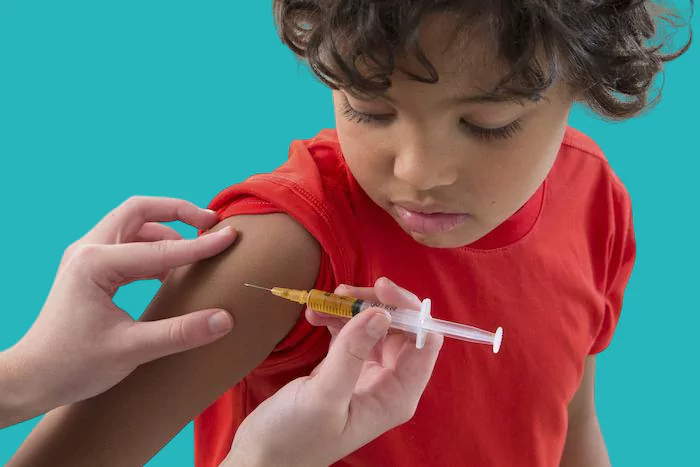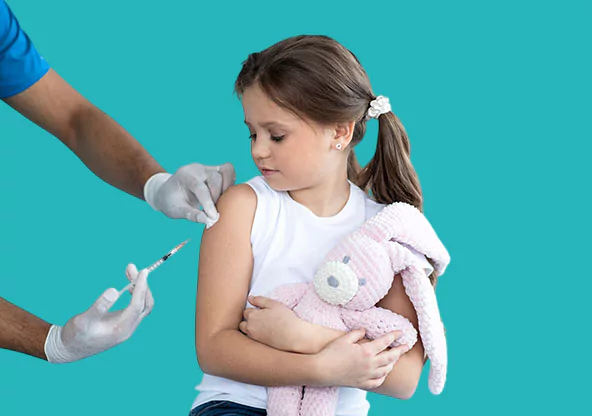Vaccinations play a vital role in protecting children from many infectious diseases. They boost their immunity and reduce the risk of serious complications.
What are vaccinations?
Vaccines are vaccines given to children at specific ages to strengthen their immune systems and protect them from common and serious diseases.
The Importance of Vaccinations for Children
The importance of vaccinations for children includes the following:
- Reducing the incidence of infectious diseases.
- Boosting children's immunity naturally and safely.
- Reducing complications that may threaten children's lives.
- Contributing to the global eradication of some diseases.
Basic Vaccinations in the Early Years
Among the most important vaccinations given in early childhood are:
- Polio vaccination.
- Measles, mumps, rubella (MMR).
- Diphtheria, pertussis, tetanus (DPT).
- Hepatitis B.
- Bacterial toxoid vaccination.
Preschool Vaccinations

At this stage, some booster doses are re-administered, such as:
- Polio booster.
- DTP booster.
- MMR booster.
School-age and adolescent vaccinations
Important vaccinations at this stage include:
- Chickenpox vaccination.
- Seasonal influenza.
- Meningitis vaccination.
- Human papillomavirus vaccination for girls.
The role of vaccinations in disease prevention
Vaccines play an important role in disease prevention, including:
- Preventing the spread of infections among children.
- Protecting society through what is known as herd immunity.
- Reducing mortality rates from infectious diseases.
The harms of neglecting vaccinations for children

Failure to adhere to vaccinations may lead to:
- Increased risk of contracting infectious diseases.
- Serious health complications that may lead to death.
- Resurgence of diseases that had almost disappeared.
Side Effects of Vaccinations
Some normal symptoms after vaccination include:
- Redness or swelling at the injection site.
- A slight increase in temperature.
- A temporary loss of appetite.
Advice for Parents Regarding Children's Vaccinations
Some advice for parents, the most important of which is:
- Adhere to the vaccination schedule specified by the Ministry of Health.
- See a doctor if any abnormal symptoms occur.
- Ensure that booster doses are taken on time.
Are vaccinations safe for children?
Yes, vaccinations are safe and undergo careful testing before use.
Can some vaccinations be postponed?
They can be postponed if the child experiences a temporary illness, but they must be completed later.
Do vaccinations cause autism?
No, there is no scientific evidence linking vaccinations to autism.
Summary of the Most Important Vaccinations for Children and Their Role in Disease Prevention
Vaccines for children are an effective way to boost their immunity and protect them from serious and contagious diseases. They reduce infection rates and complications, and contribute to protecting society as a whole through herd immunity.